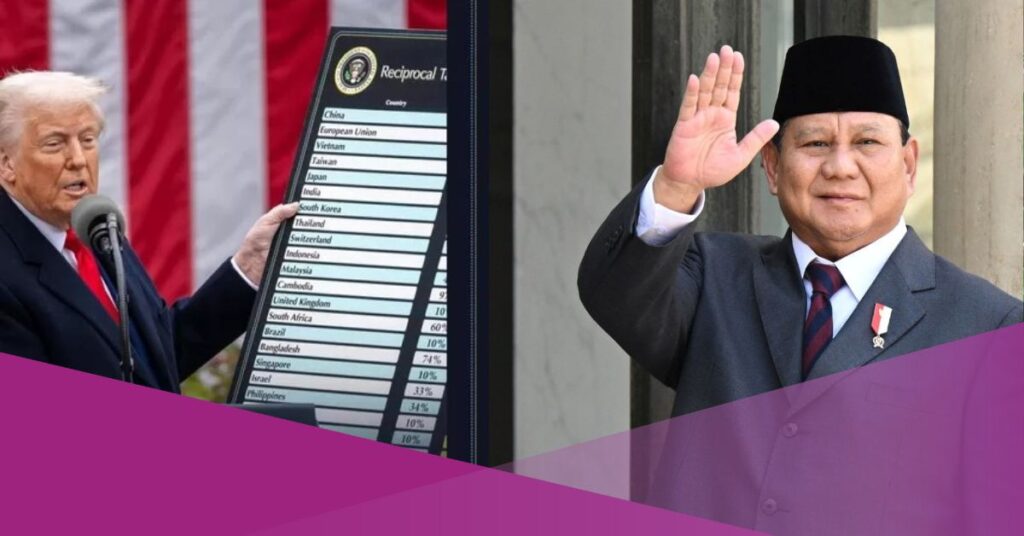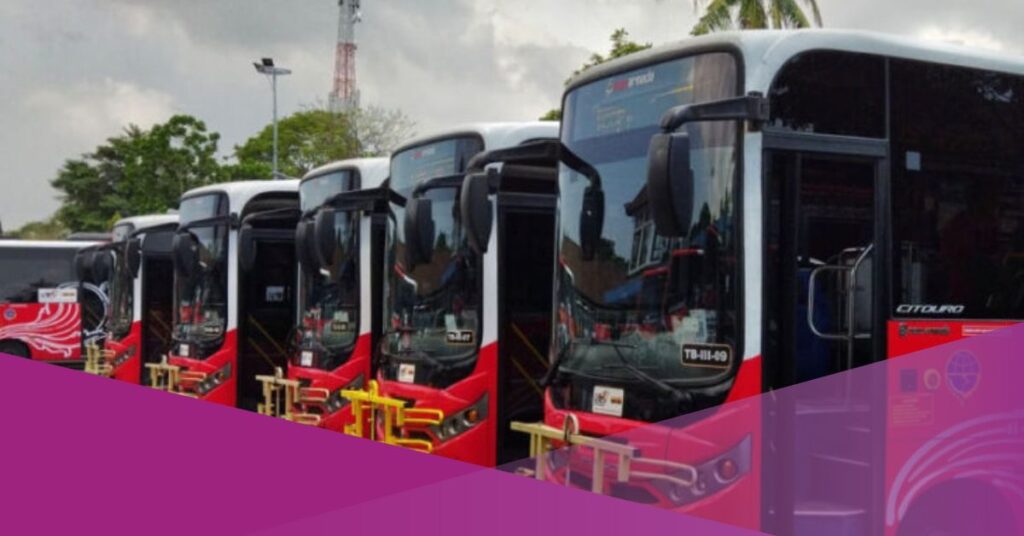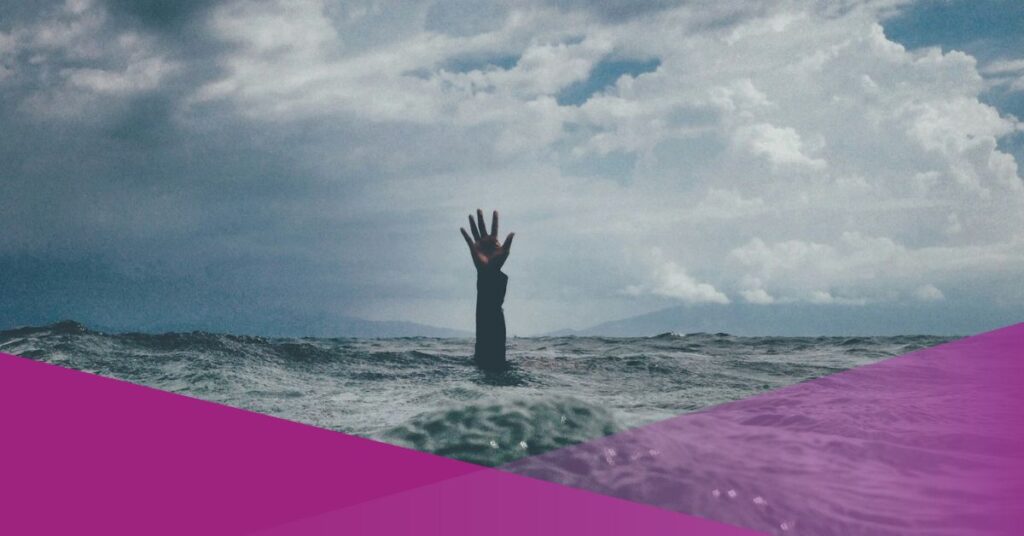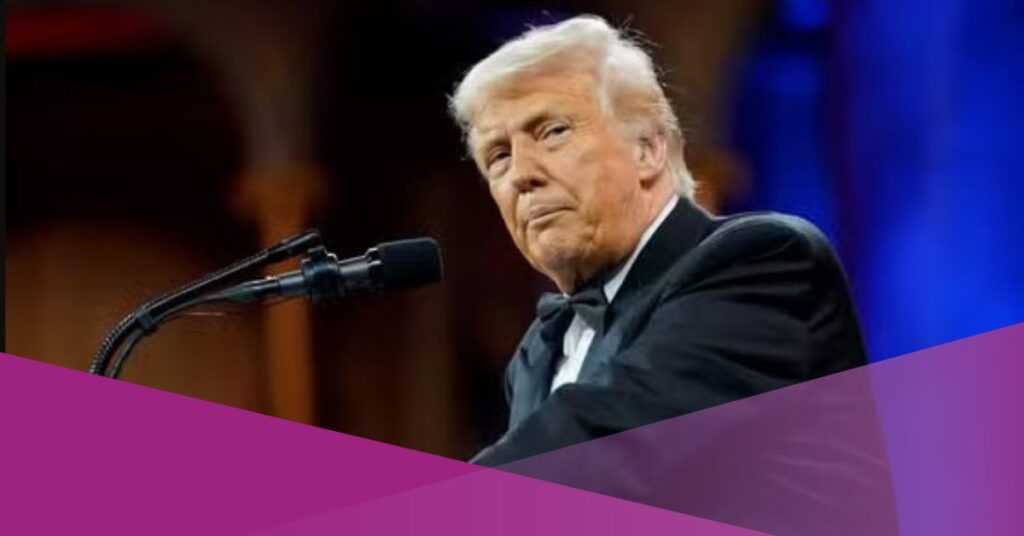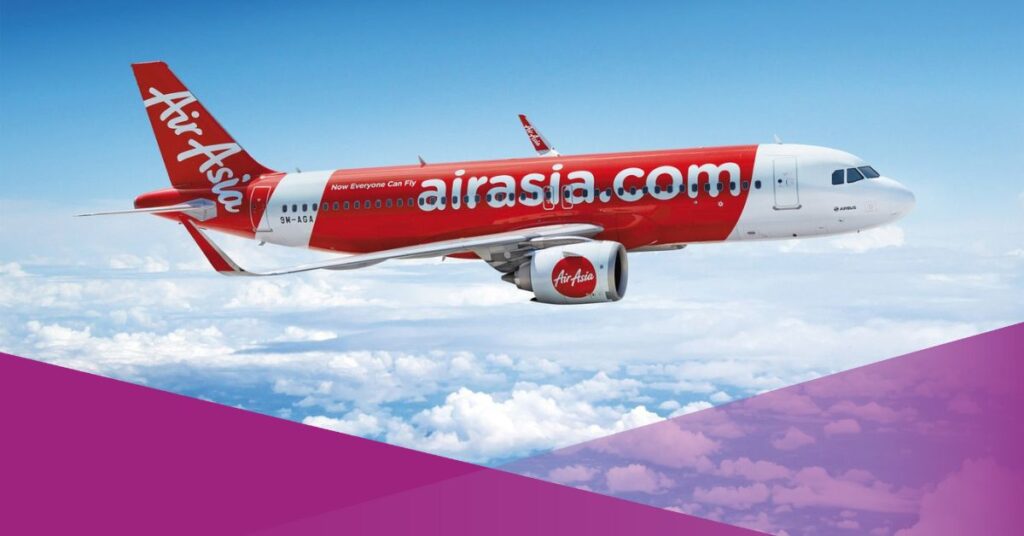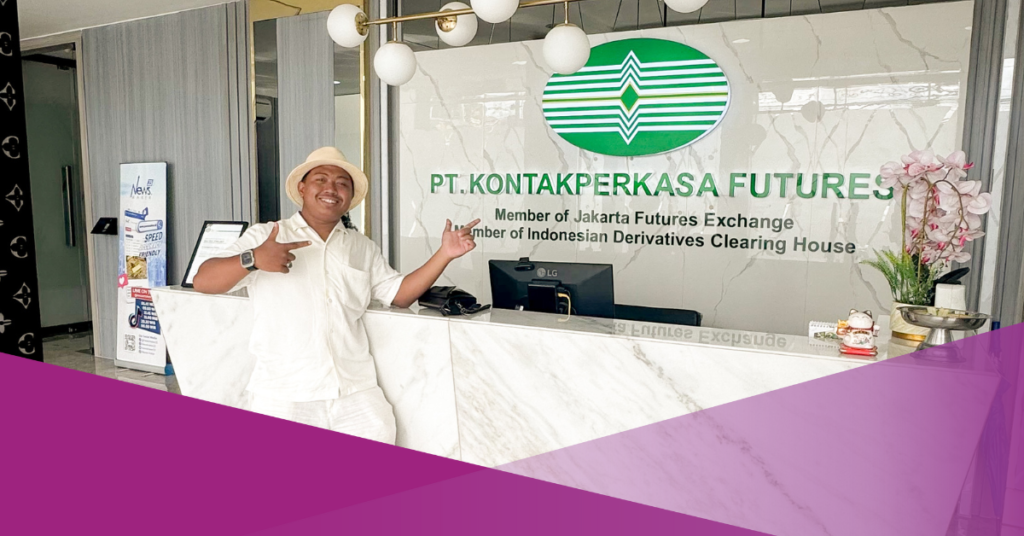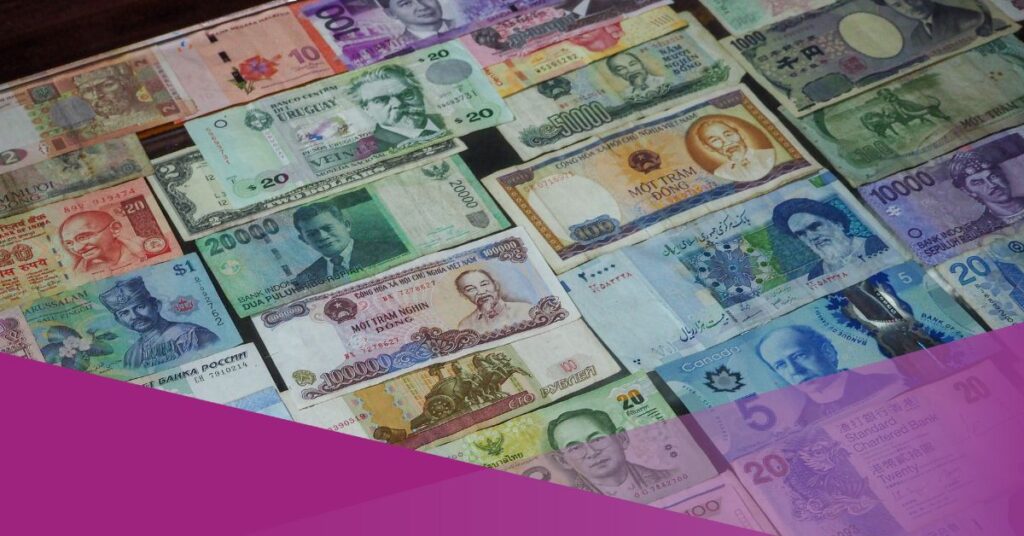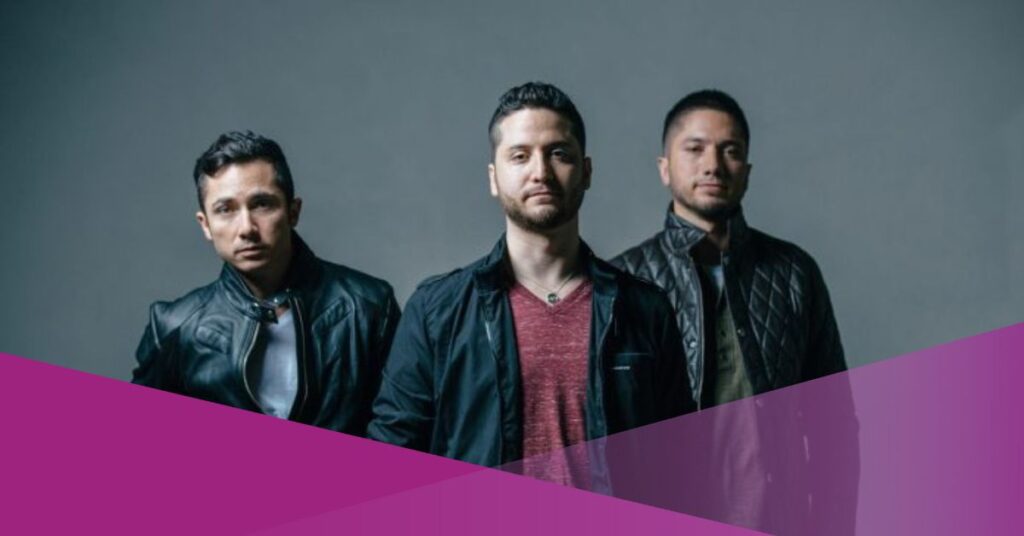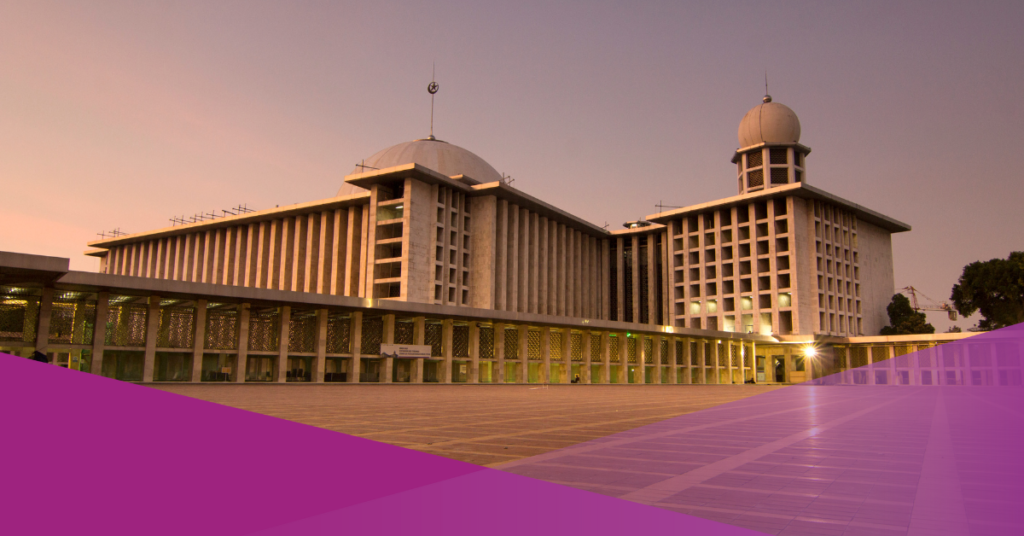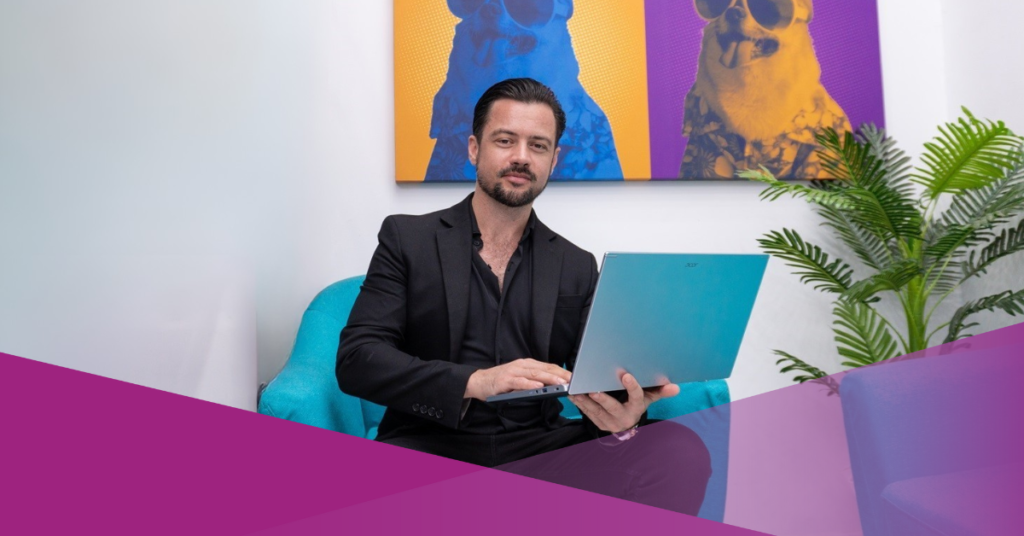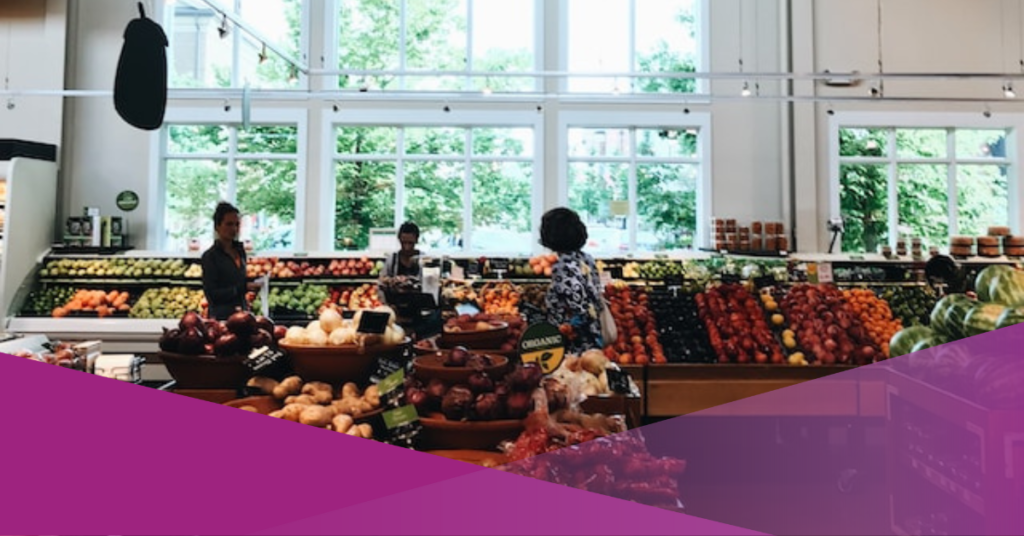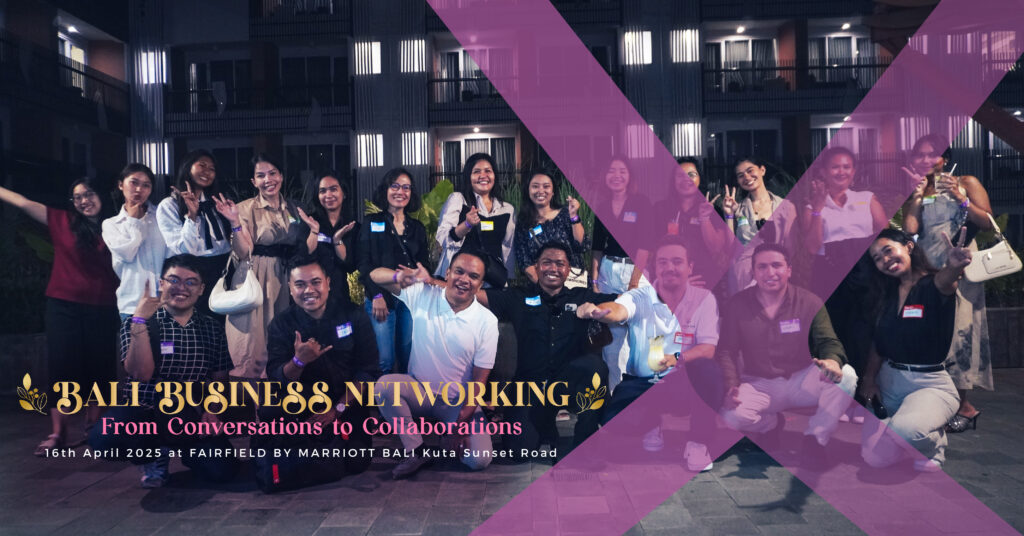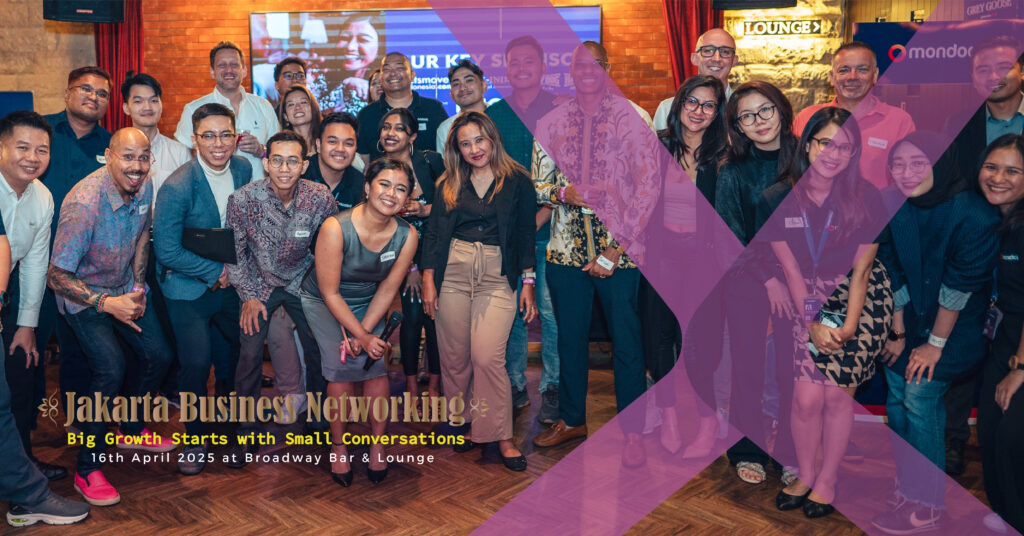The President of the United States has announced reciprocal tariffs on goods from various countries entering the US. Trump’s tariffs cover electronic equipment, food, coffee, liquor, clothing, shoes, vehicles, and spare parts, but exempt pharmaceuticals, essential minerals, semiconductors, and others.
As reported by the White House website, this import tariff adjustment will be effective from 12:01 AM on April 9, 2025.
Trump’s decision has a huge impact on world trade. Indonesia was not exempt from Trump’s tariffs. President Prabowo Subianto has assigned Coordinating Minister for Economic Affairs Airlangga Hartarto, Minister of Finance Sri Mulyani Indrawati, and Minister of Foreign Affairs Sugiono to the United States to negotiate the new reciprocal tariffs imposed by US President Donald Trump.
“The President assigned me, Minister of Foreign Affairs, and Minister of Finance,” Airlangga said after a closed meeting with President Prabowo at the Merdeka Palace in Jakarta, from Monday (7/4/2024) afternoon to evening.
As reported by Kompas, Sri Mulyani Indrawati and Airlangga Hartarto are considered to have good relations with stakeholders in the US. Therefore, both are spearheading the response regarding Trump’s tariffs.
According to Sri Mulyani, what happened from February 2025 to April 2025 has changed the global economic landscape.
When US President Donald Trump, on April 1, issued an Executive Order imposing 10% tariffs on Canada (plus 25% tariffs on energy), 25% tariffs on Mexico, and 10% tariffs on China, Sri Mulyani said it had changed the order of the entire world partnership.
Over time, she continued, retaliation or responses and additional threats for certain products such as steel and aluminium emerged. Then came the new Executive Order on March 4, in which Trump increased tariffs on Chinese products by 20%, and Canada retaliated.
“This timeline illustrates that in just one month, the world that was previously governed by rules-based systems now has no more certainty,” said Sri Mulyani.
What are Trump Tariffs?
Reciprocal tariffs, or Trump tariffs, are a US policy of imposing additional ad valorem duties on all imports from all trading partners (various countries) unless otherwise specified.
Ad valorem duties themselves are import duties or taxes imposed on imports, set in the form of a fixed percentage of their value, as quoted from the Organisation for Economic Co-operation and Development (OECD) Glossary of Statistical Terms.
Under the Trump tariffs, the additional ad valorem duty on all imports from all trading partners is 10%. According to US regulations, the amount can increase and vary per exporting partner country. Indonesia itself is subject to a Trump tariff of 32%.
Indonesia’s response to Trump’s tariffs
President Prabowo, in an interview with a number of editors-in-chief of national mass media at his private residence in Hambalang, Bogor Regency, on Sunday, 6 April 2025, also stated he would send Airlangga to Washington DC. Indonesia has yet to appoint an extraordinary ambassador with full powers to serve in the US.
During the interview, President Prabowo also mentioned the need to expand export markets in the face of Trump’s tariffs.
He encouraged entrepreneurs to open new export markets, although some have already done so.
“Our entrepreneurs must also have long-term planning and not depend on one market that is comfortable. Right? We must be brave. Why don’t we go to Africa? Africa is the new emerging market of the world. Africa, you see. The population is large. There are many resources. There are many needs,” he said in the interview titled ‘Presiden Prabowo Menjawab’.
